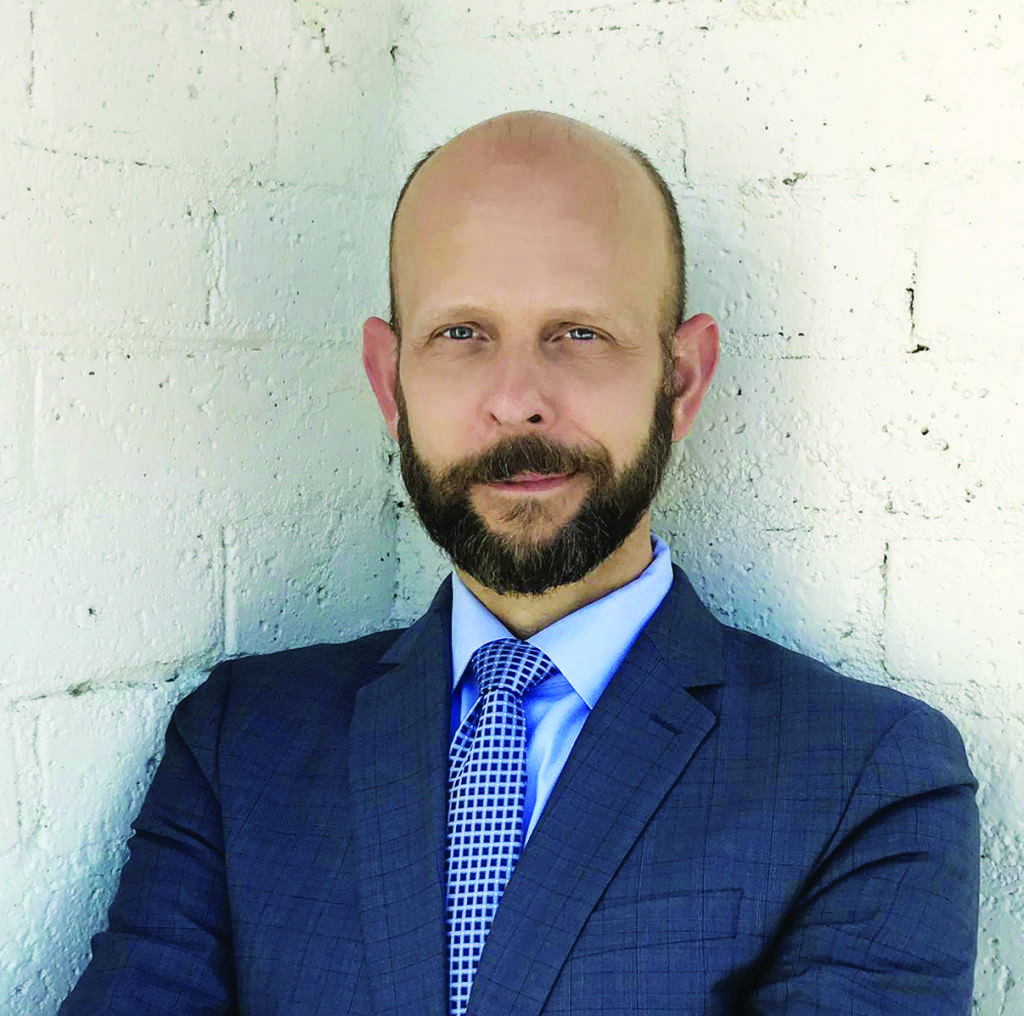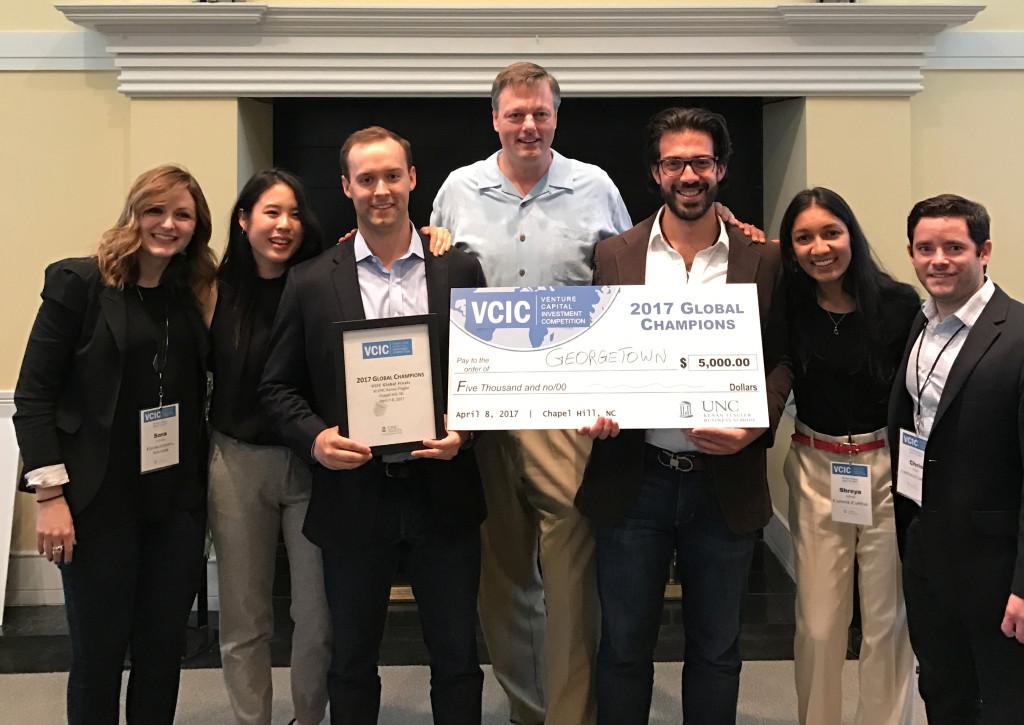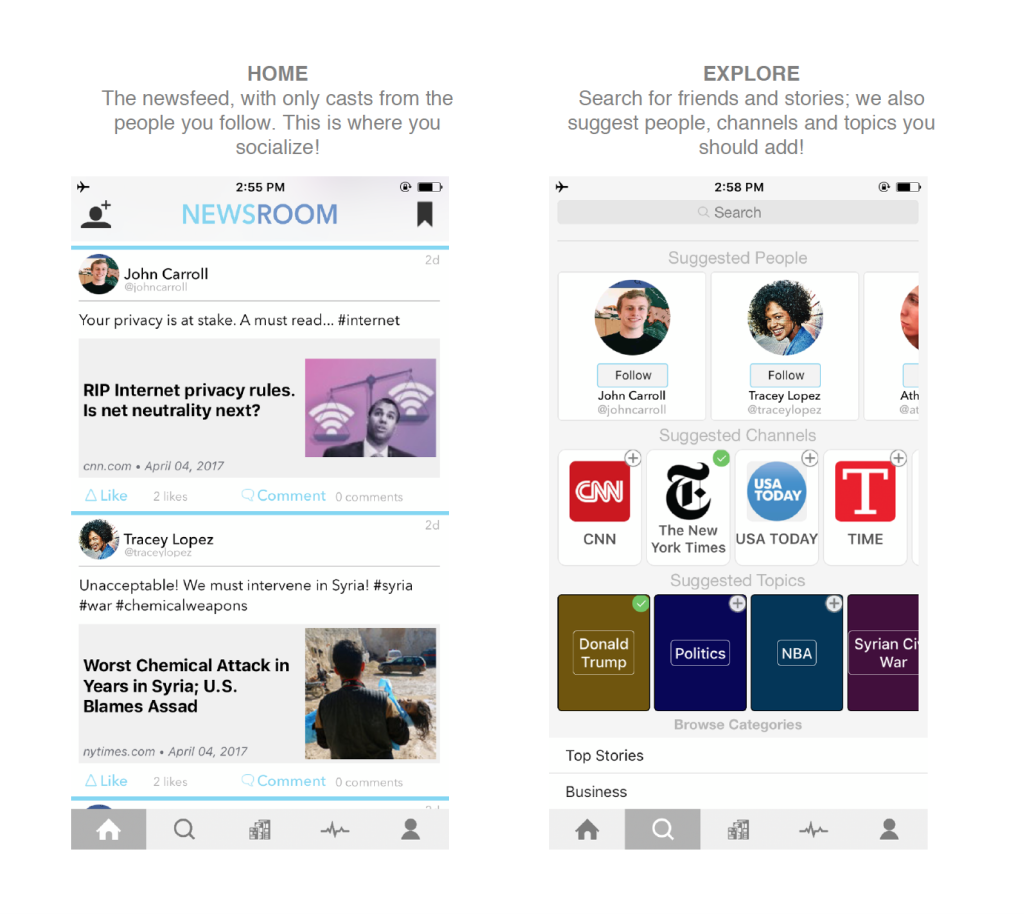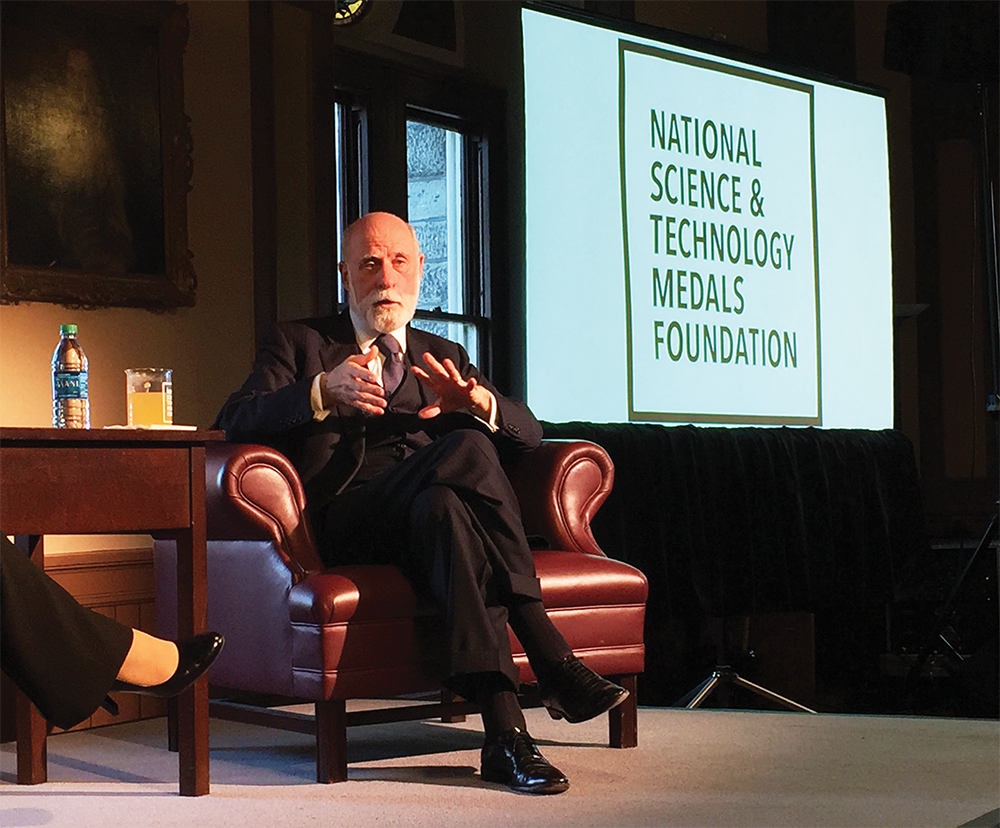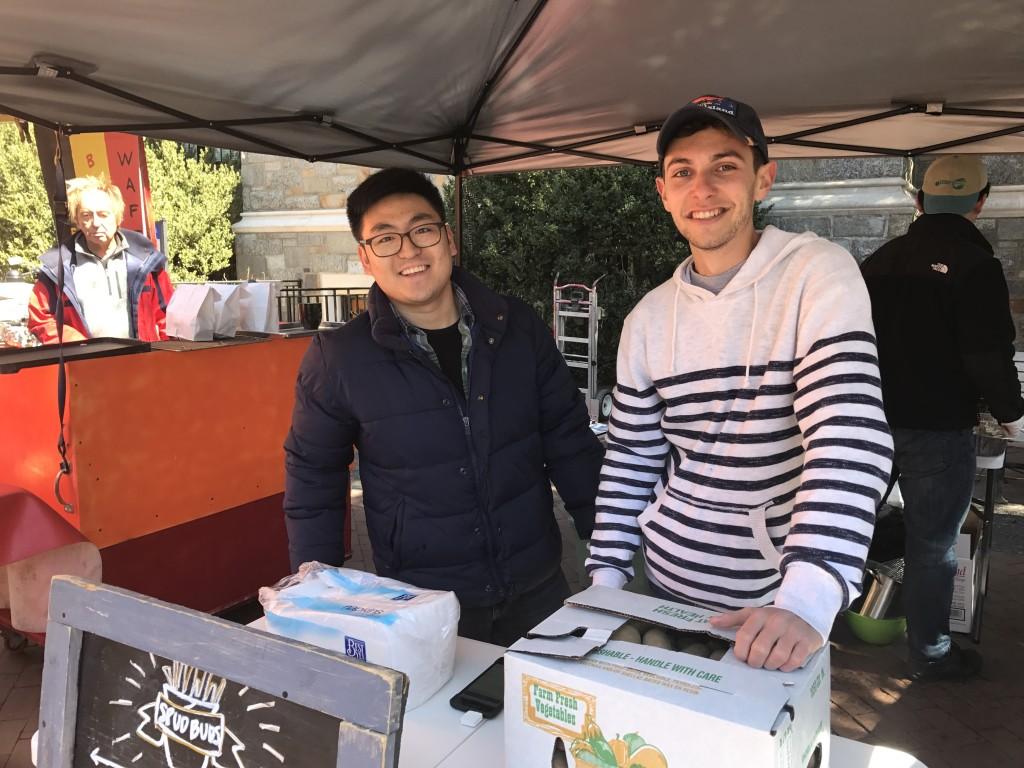
Roamer has connected more than 2,000 graduate students looking for furnished housing to other graduate students looking to sublet.
Alexander Galicki (LAW ’16) and Kentaro Murase (LAW ’16) joined the start-up game in August 2014 when they created Roamer, an apartment rental app that tailors specifically to graduate students looking to sublet apartments. Roamer currently hosts more than 2,000 users. The Hoya got in touch with Galicki to hear about his experience with the nascent company.
How did you come up with the idea for Roamer?
My idea came from seeing a problem during my 2L [second year law student] summer. All of my peers from law schools across the country had trouble with summer housing. They faced a dual problem: they needed to find a furnished place for the summer in the city where they were working, and they needed to sublet their place at school to someone trustworthy. The available solutions were inadequate. Facebook and networking with friends occasionally worked, Craigslist was a complete gamble and often fell through and Airbnb was too expensive. Fundamentally, there was no trustworthy marketplace dedicated to graduate student subletting. We believed this problem existed far beyond the graduate student population, but decide to test our idea by focusing on that demographic.
Why do you think Roamer has been successful so far?
Roamer solves a real problem, and is better than any existing alternative. Our interface is simple, our service is free, and the site is restricted to users with a .edu or company email address. The fact that it’s a closed off social network is key because it creates trust among users. Roamer has ridden the wave of success of the “sharing economy” — in many ways companies like Uber and Airbnb have paved the way, especially in terms of regulatory obstacles.
Do you have any advice to current Georgetown students in general and in regards to those hoping to create a start up?
Just do it. Everyone has good ideas, but it’s 99.9 percent execution. All great companies are created to solve a real problem. Don’t set out to make money or create a “company.” Set out to solve a problem. As far as how you go about doing that — there are hundreds of ways to validate a concept without software: surveys, landing pages, interviews, blogs, Facebook groups and beyond. A finished software product is the last thing you should be thinking about. OneKingsLane started out as an email list. The founder of Zappos started by taking pictures of shoes that he did not own in stores, and then selling them upfront.
What were some challenges you faced in creating the company?
The biggest challenge in entrepreneurship is execution. We also struggled in balancing the development of our actual product with growing our user base. It’s kind of a chicken or an egg problem. You can have a great product, but it’s not a given that “the people will come.” You need to get the word out. On the other hand, you can spend all your time on marketing, but if the service is not functional, you’ve failed. Reaching that equilibrium of product quality versus speed was key. As Reid Hoffman, the founder of LinkedIn, once said, “If you are not embarrassed by the first version of your product, you’ve launched too late.”
Who are some other people who played a big role in getting this company off the ground?
Professor Anthony Cook at Georgetown Law School has been an incredible advisor and supporter of Roamer. Professor Cook runs the Law and Entrepreneurship Practicum at Georgetown Law. Once Roamer started to take off, Professor Cook helped us obtain legal counsel from a big law firm in D.C. He has also advised us on our business strategy and future. This past summer, Roamer participated in the Georgetown Business School summer incubator program. Our advisors, especially Marc Steren, Alyssa Lovegrove and Greg Cinque, have been instrumental in Roamer’s continued evolution, growth and success.
What are your future plans for the company? Where do you hope it goes?
We are planning to keep growing our user base and to expand our geographic coverage. The demand for apartments in major cities, like D.C., Los Angeles and San Francisco, has been insane, so we are looking to increase the supply. We’re also working on developing some new features, and are considering expanding to other demographic groups. We currently focus on law, MBA and graduate students, but for this next summer, expanding to college students and more professionals is a possibility. Balancing size with quality is a constant struggle.
Tell me about your relationship with your co-founder, Kentaro.
We’ve been friends since meeting during the first year of law school and run the company together. I think any person interested in running a startup should find a cofounder to split the burden.
What will make your company successful in the future?
What we learned from starting Roamer is that the company you envision diverges from the company that you end up with. This divergence is driven by user feedback as well as limited resources. That means that your original idea has little to do with your future success. I think to be successful we will need to be resourceful and learn from our experiences. We will face foreseen as well as unforeseen challenges, but it is what we learn from those challenges and how we apply those lessons that will define our future.


